Identifying and fixing heavy-duty truck filter issues
Today’s heavy-duty engines have evolved to incorporate modern technology and to adhere to emissions regulations—and that means their components have had to evolve with them. From a maintenance standpoint, one result of this is that when a problem comes up, it’s not so simple to determine the root cause. Say, for instance, you think there’s
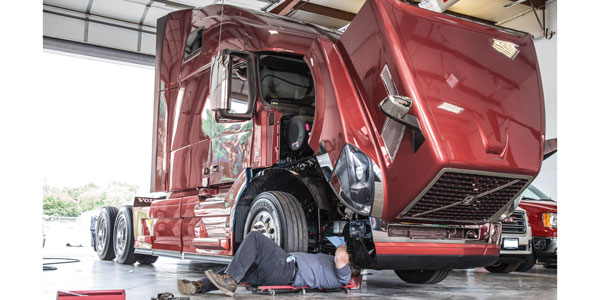
Hydraulic filtration: Three things to look for
For fleets, the difference between profit and loss often depends on keeping operating costs low by making sure all systems within your vehicles are delivering peak performance. One important system that is sometimes overlooked is a truck’s hydraulic system. Quality, reliable hydraulic filtration is vital to reducing wear, guarding against system failure and achieving maximum
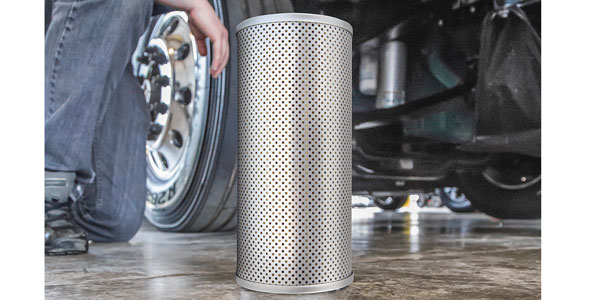
How fuel filters impact engine health
Fuel is the lifeblood that runs through the heart of your tractor—the engine—sending power into the truck’s component circulatory system. The key to your equipment’s on-highway heart health lies in the engine getting plenty of exercise as it rolls towards its million-mile goal, and to make sure it’s fed the cleanest diesel fuel possible. The
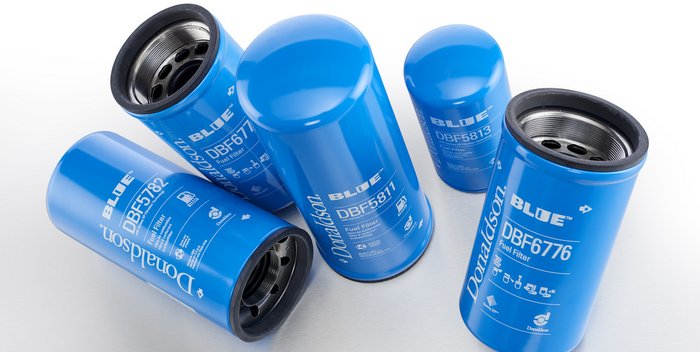
The importance of oil filtration
Lube oil is one of those crucial aspects of truck engine life. It keeps the engine running by reducing friction, removes heat from the engine, and carries debris to the filters. Thus it makes sense that the engine’s filtration system would be similarly important. The filter prevents dirt, carbon, and metal particles from doing damage
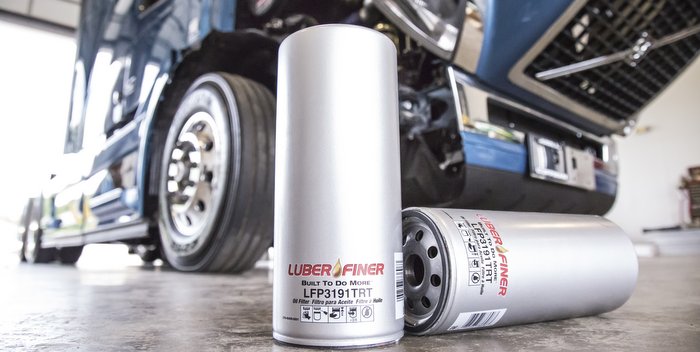
Getting the most out of your engine oil filter
Engines have evolved. Today’s diesel engines are more complex and efficient than ever before. With great evolution comes great components, and engine lubrication filtration has kept pace with engine technology. “Engine technology has evolved over the years, especially since the introduction of selective catalytic reduction [SCR]. The SCR system allows for more efficient combustion, a
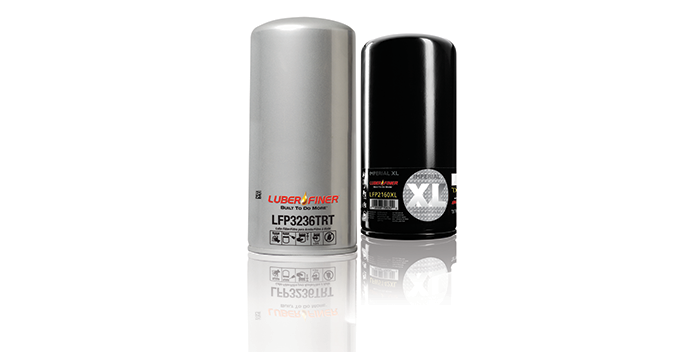
Oil filter maintenance do’s and don’ts
After talking with our cast of oil filter experts, including: Russ Bretell, training and technical sales manager for Cummins Filtration; John Gaither, director of heavy-duty design engineering for Luber-finer; Edward Covington, vice president of global quality for Wix Filters; and Veli Kalayci, manager of engine liquid products for Donaldson, we compiled the biggest “do’s and don’ts”
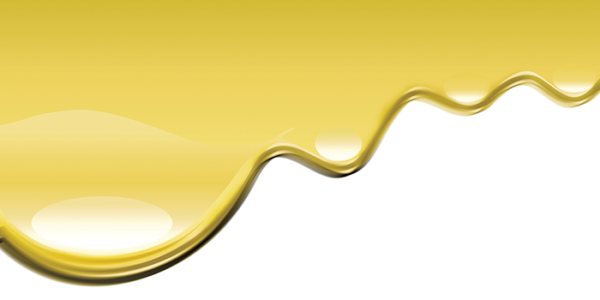
New cabin air filters can provide HVAC efficiency
The environment inside the cabin of a heavy-duty vehicle is subjected to a long list of contaminants including exhaust, pollen, bacteria, dirt, dust and soot. A cabin air filter is the frontline defense, protecting cabin occupants and providing efficient heating ventilation air conditioning (HVAC) system operation. Harmful contaminants can clog HVAC systems and affect drivers’
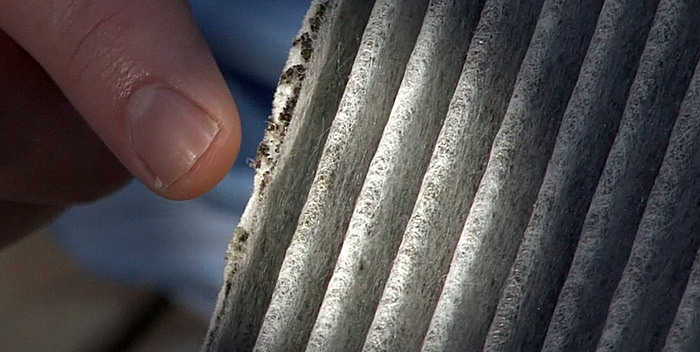
Oil analysis and filter trends
“Many of the modern heavy-duty engines equipped with EGR and SCR technologies generate higher levels of organic and inorganic acids, as well as higher amounts of soot in the oil,” says John Gaither, director of heavy-duty product engineering for Luber-finer. “This requires modern filtration technologies to address these newer challenges.” One of the benefits of
Keeping truck engines cool: The right coolant and coolant filter stand between you and engine repairs
The biggest factors surrounding engine coolant are maintaining engine temperatures, assisting in emission control and being plagued by chemical and particulate contamination, says John Gaither, director of heavy-duty engineering for Luber-finer. In addition, he notes, they often must handle rust, silicate drop out and scale, which is caused by an unbalanced system and needs to
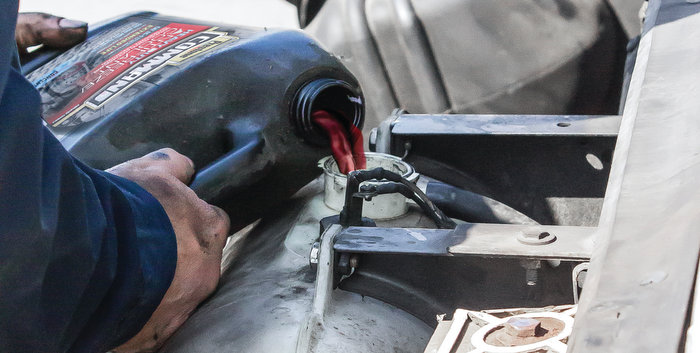
Designed for fuel economy
Engine manufacturers have made great strides in improving fuel economy, but fleet managers must also do their jobs writing specs to take advantage of the fuel saving potential of new designs.
